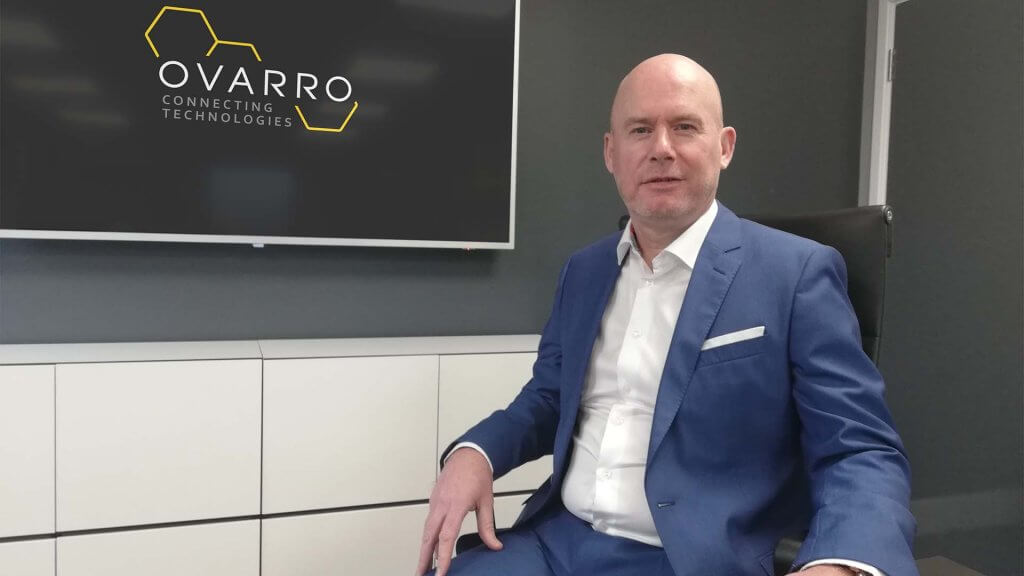The well-being of employees is crucial. Improper care for staff can impact their performance and can have harmful effects within a company. Here, we’ll explore some of the ways that businesses can safeguard their staff.
Explore In-Depth CEO Insights and Articles
Explore our extensive collection of articles featuring the latest insights, trends, and success stories from top business leaders. Stay informed with expert analysis and in-depth content that covers a wide range of topics in leadership and innovation. Browse now to stay ahead in the business world.

Browse Our Latest Articles
Explore the latest articles, featuring expert insights, groundbreaking innovations, and success stories from visionary business leaders. From leadership strategies to industry trends, our articles deliver the knowledge you need to stay informed and inspired. Dive in and stay ahead in the ever-evolving world of business leadership.
For business owners looking to make an exit, it makes sense to consider all the options – from pursuing a trade sale to a management buyout (MBO). Even for those that may not have considered it previously, the latter could come out on top – but is...
Printing experts Solopress have analysed the new emerging trend of celebrity Creative Directors, delving into the potential benefits and drawbacks of offering senior titles to those already accustomed to the spotlight over professionals who are not.
A tumultuous 24 months has led many people to think carefully about their careers and explore ways of developing workplace skills.
From introducing more sustainable processes to implementing remote working technologies, change and business go hand in hand.
Hybrid working is now a recognised part of our day to day lives, and whilst a great number of organisations may feel they’ve ‘mastered’ the art of hybrid working during the pandemic, research carried out by Leading Edge found expensive mistakes ar...
Effective leadership is one of the essential fundamentals to building excellent organisational cultures. A leader is someone who has authority or influence over an organisation, regardless of the title. Above all, they set the tone for organisatio...
CEO, Sean McCauley founded The Devmark Group in June 2018, with Richard Aybar, his founding partner and the company managing director, with a vision to offer the real estate market a unique approach to strategic insight, positioning, marketing and...
The world of marketing has changed significantly over the years, requiring a management approach that is flexible and driven in equal measure. Few CEOs display these qualities as well as Loay Almagushi, of First Mover, a company committed to brand...
Fine Hygienic Holding (FHH) is one of the world’s leading wellness groups and the MENA’s leading manufacturer of hygienic products.
Some 40 years ago, Ovarro started through its people collectively working together, sharing knowledge and ideas to create solutions that would solve problems for its customers through engineering ingenuity.
Driven forward by the increasing momentum that has propelled it into the spotlight, Poppins Agency is a brand building and digital product creation studio giving businesses the leg up they need to thrive in an increasingly technological world.












